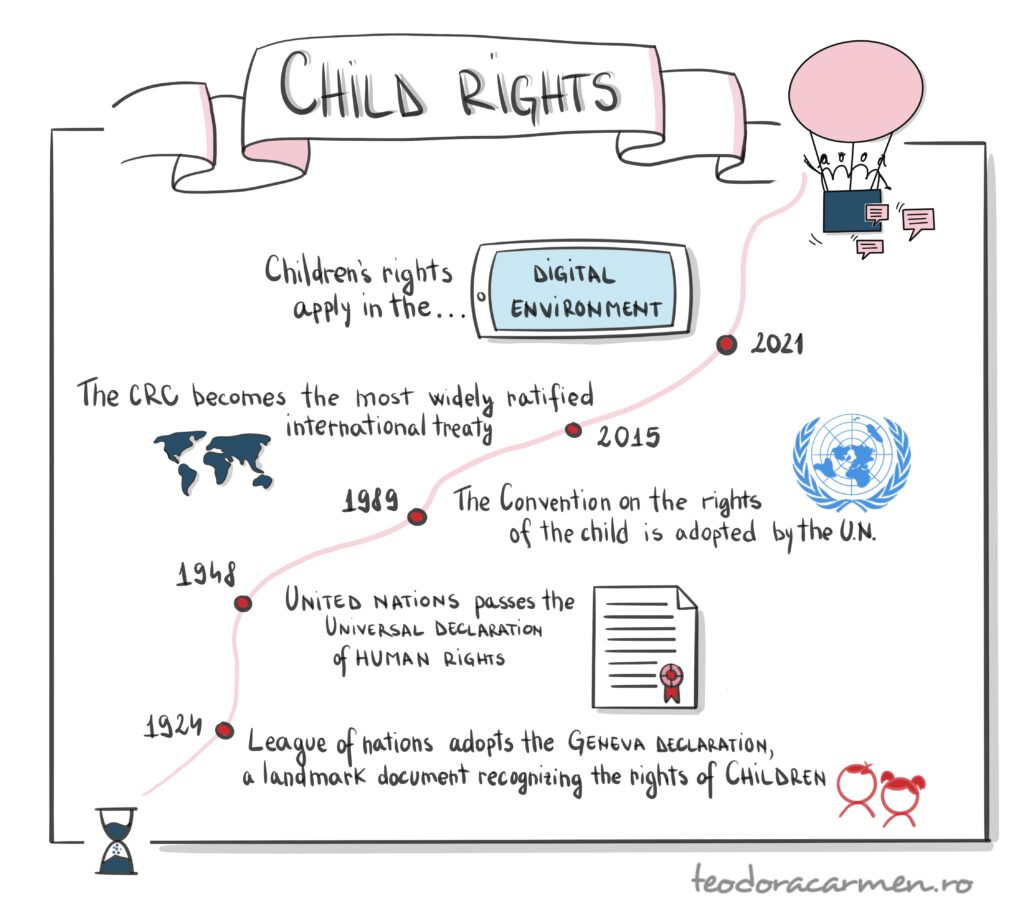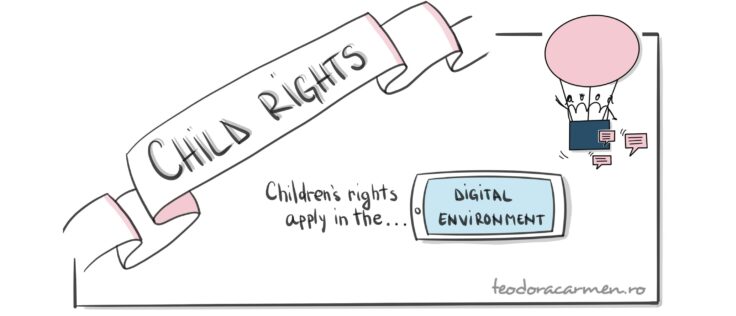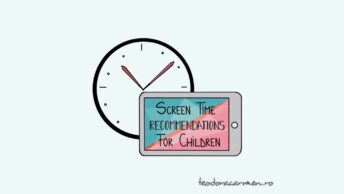It’s official! The Committee on the Rights of the Child has just adopted the new General Comment on children’s rights in relation to the digital environment.
A little bit of history…
Children have not always enjoyed the place they currently occupy in society. Throughout human history, the idea of protecting them has been at most a concern of parents, not an objective of its society or institutions.
The recognition of children as full-fledged human beings started to become a reality with the adoption, in 1924, by the League of Nations (today, the United Nations) of the Declaration of the Rights of the Child. This was the first international document by which the international community affirmed the urgency of protecting children from abuse and neglect, requiring Member States to take responsibility.
This Declaration was the source of inspiration for the 1989 United Nations Convention on the Rights of the Child (UNCRC). The UNCRC is the most widely ratified human rights treaty in history, a legally-binding international agreement setting out the civil, political, economic, social and cultural rights of every child, and how governments should work together to make them available to all children.

How does this relate to the digital world?
The General Comment on children’s rights in relation to the digital environment is an authoritative document which recognizes that children’s rights apply everywhere, without exceptions, including in the digital world. The General Comment explains what the digital environment means for children’s rights and freedoms and details how States and other duty bearers, such as private companies, should act to respect, protect and fulfil children’s rights.
The adoption of the General Comment on children’s rights in the digital environment is a ground-breaking decision that puts children’s voices at the centre and addresses the role of states and the business sector, their responsibility and obligations, as well as how these impact children’s development, and fundamental rights such as the right to privacy and freedom of expression.
What does this mean in practice?
The General Comment no. 25 will reach all governments across the world as States are accountable for the provisions of the UNCRC and should ensure that theirs and other duty bearers’ responsibilities to children are met.
The real work begins now as States start to adapt legislation and policies, create strategies and allocate resources. Good thing they have a comprehensive roadmap!




